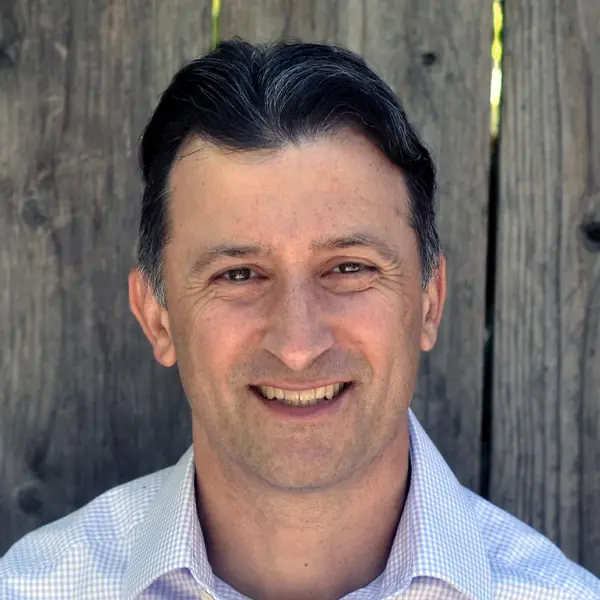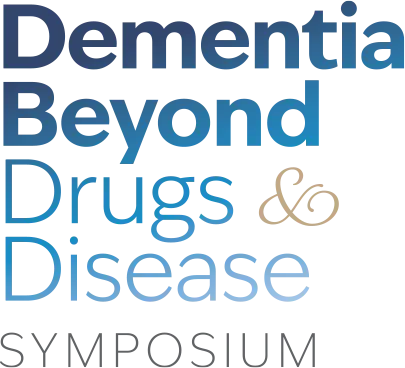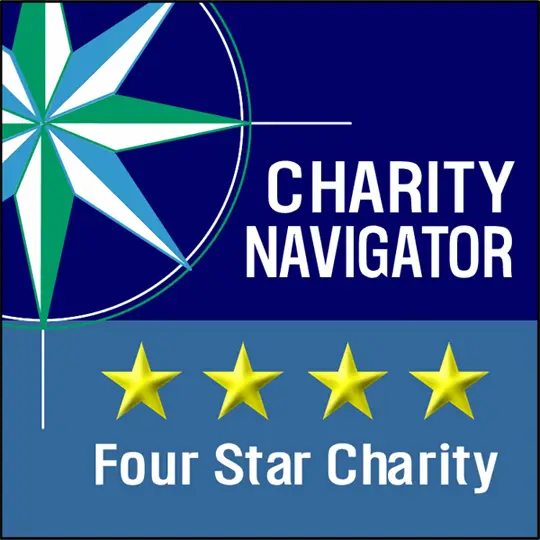Dementia Beyond Drugs & Disease Symposium
Changing the Culture of Care for Persons with Dementia
On March 6, 2025, we gathered for a transformative day of learning that redefined approaches to dementia care. Hosted by Long Term Care Services of Ventura County, this symposium brought together experts, caregivers, and advocates to advance compassionate, person-centered care.
Thank you to all who attended and supported this important event. Stay connected for future opportunities to continue learning and improving dementia care in our community!
Event Resources
Session Materials:
- The Status Quo is Just One Way That Things Can Be
Presentation by Tony Chicotel
Session Slides - Re-thinking Dementia: A Well-Being Approach
Presentation by Dr. G. Allen Power
Session 1 Slides | Session 2 Slides
Toxic Medicine Booklet
This is booklet was available at the event, but we understand that some attendees may not have received a copy. It provides advocacy tips, legal rights, and practical steps to help families and caregivers fight against the inappropriate use of these drugs.

ABOUT
Why This Symposium Matters
Current approaches to dementia care often fall short of truly meeting the needs of those living with dementia—whether through traditional drug-based interventions, purely holistic methods, or even combinations of both. It’s time for a transformative change in how we think about and provide care for our elders.
The Ventura County Ombudsman Program brought together healthcare professionals, caregivers, and community leaders for a groundbreaking exploration of person-centered dementia care. This symposium goes beyond theory to provide practical, implementable solutions that work in any care environment.
Transforming How We Care for Dementia
Dr. Power’s revolutionary well-being framework challenges traditional dementia care practices with a proactive, evidence-based approach that works in any care environment. Through comprehensive exploration of the seven domains of wellbeing, participants will discover how current practices may unintentionally compromise care quality, and learn proven person-centered alternatives that reduce reliance on chemical restraints while improving outcomes.
This symposium equips healthcare professionals, administrators, and family caregivers with practical strategies to overcome barriers to change and implement strength-based approaches that recognize each person’s unique needs.
Together, we’re creating a community dedicated to achieving the best possible outcomes for every person affected by dementia. This transformative day unites diverse perspectives—from nursing home administrators and healthcare professionals to social workers and family caregivers—all working toward a common goal: implementing more dignified, person-centered care that honors the humanity of those living with dementia.
Learn practical applications of the well-being framework, techniques for creating purposeful environments, and strategies for driving sustainable cultural change in your care setting.
SPEAKERS
Meet Our Distinguished Keynote Speakers

Dr. G. Allen Power
Renowned Author and Geriatrician
Dr. G. Allen Power is a board-certified internist, geriatrician, and Clinical Associate Professor of Medicine at the University of Rochester whose revolutionary approach has transformed dementia care across the globe. As an international speaker and thought leader, he has dedicated his career to pioneering non-pharmacological approaches to care. His groundbreaking books, “Dementia Beyond Drugs” and “Dementia Beyond Disease,” have become foundational texts in the movement toward person-centered dementia care.

Tony Chicotel
Leading Legal Advocate for Elder Rights
Tony Chicotel, Senior Attorney at California Advocates for Nursing Home Reform (CANHR), offers invaluable insights into rights-based care and practical strategies for driving change in long-term care facilities. Since 2006, he has worked tirelessly to promote the rights of residents through litigation, legislation, and regulatory advocacy. Tony’s expertise spans dementia care, civil rights, eviction defense, conservatorship, and end-of-life issues. A graduate of Muskingum University, Ohio State University College of Law, and UC Berkeley’s School of Public Policy, his work bridges the gap between person-centered care ideals and real-world implementation.










